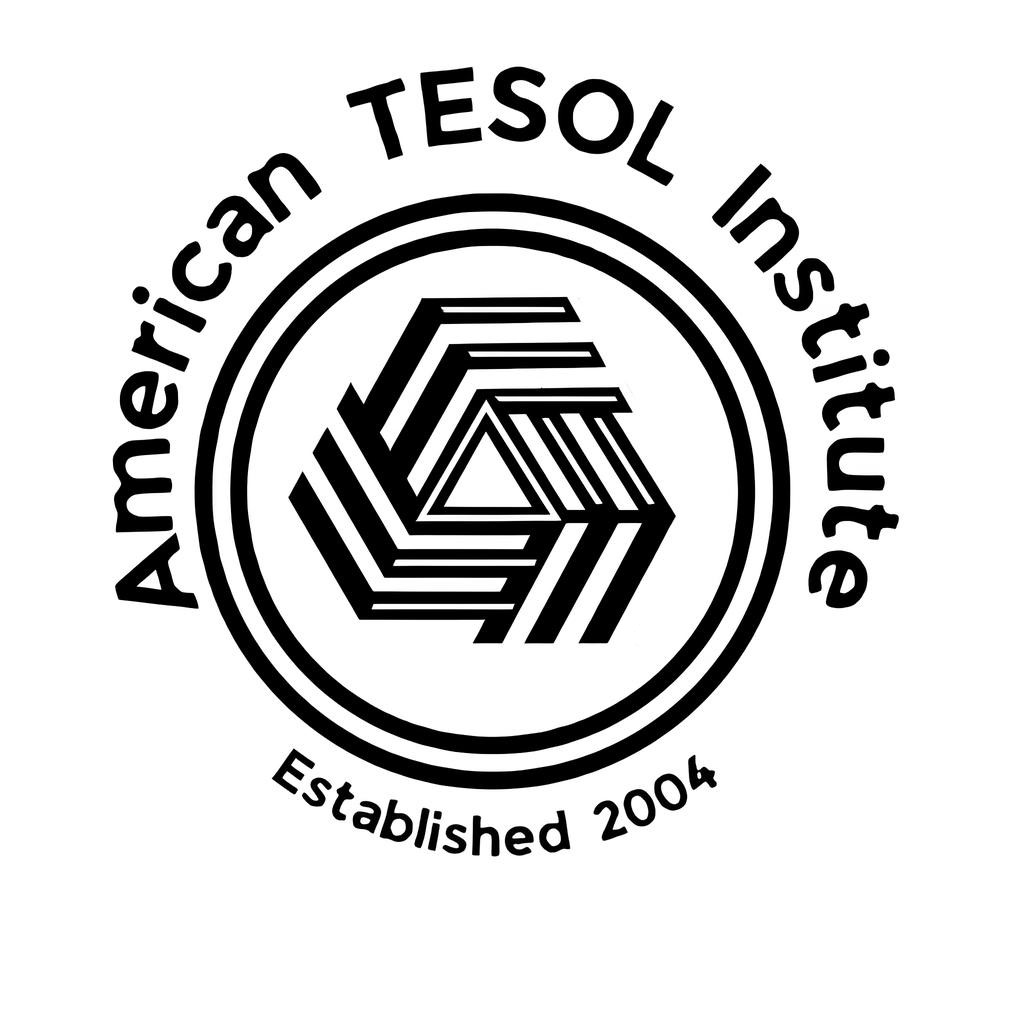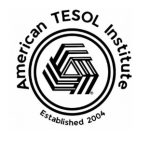Howard Gardner’s theory of multiple intelligences revolutionized our understanding of human intellect, but it isn’t the only model exploring the diverse ways people think and learn. Several other types of intelligence have been proposed, each shedding light on unique cognitive abilities that contribute to our overall understanding of intelligence.
1. Emotional Intelligence (EI):
Emotional intelligence encompasses the ability to recognize, understand, and manage our own emotions, as well as perceive and influence the emotions of others. People with high EI are often skilled at empathy, self-regulation, and building strong interpersonal relationships.
- In Practice: Teachers with high EI create supportive classroom environments where students feel safe to express themselves. They are adept at resolving conflicts, motivating students, and fostering collaboration.
2. Creative Intelligence:
Creative intelligence involves the ability to generate novel ideas, solve problems in innovative ways, and think outside the box. It encompasses originality, flexibility, and the capacity to adapt to new situations.
- In Practice: Teachers who nurture creative intelligence in their students encourage divergent thinking, brainstorming, and open-ended projects. They value unique perspectives and foster a love of exploration.
3. Practical Intelligence:
Practical intelligence, also known as “street smarts,” focuses on the ability to apply knowledge and skills to real-world situations. It involves problem-solving, adaptability, and a common-sense approach to navigating challenges.
- In Practice: Teachers who value practical intelligence help students connect classroom learning to real-life applications. They provide opportunities for hands-on projects, problem-based learning, and real-world simulations.
4. Social Intelligence:
Social intelligence is the ability to understand social dynamics, navigate social situations, and build relationships with others. It involves skills like empathy, communication, cooperation, and conflict resolution.
- In Practice: Teachers with strong social intelligence create positive classroom communities where students feel connected and supported. They model effective communication and collaboration, creating a learning environment that values interpersonal relationships.
The Importance of a Holistic View
While Gardner’s multiple intelligences provide a valuable framework, recognizing other types of intelligence broadens our understanding of human potential. By valuing and nurturing emotional, creative, practical, and social intelligence alongside traditional academic skills, educators can create a more inclusive and enriching learning environment for all students.
Understanding that intelligence is multifaceted empowers us to appreciate the unique strengths each individual brings to the table. Whether it’s a student who excels at composing music, another who empathizes deeply with others, or a third who can build a complex structure with their hands, each possesses valuable abilities that contribute to a diverse and thriving society.


